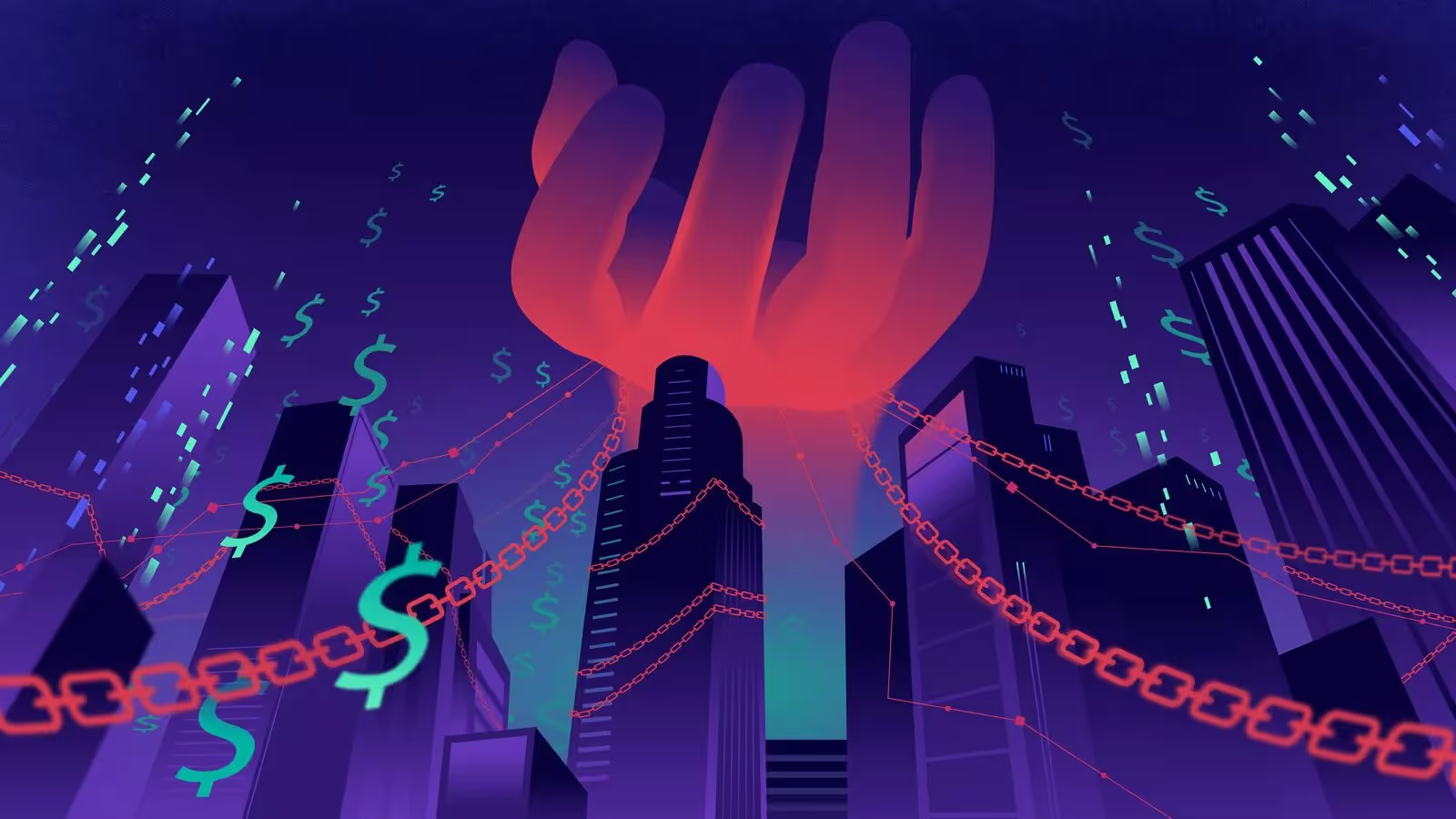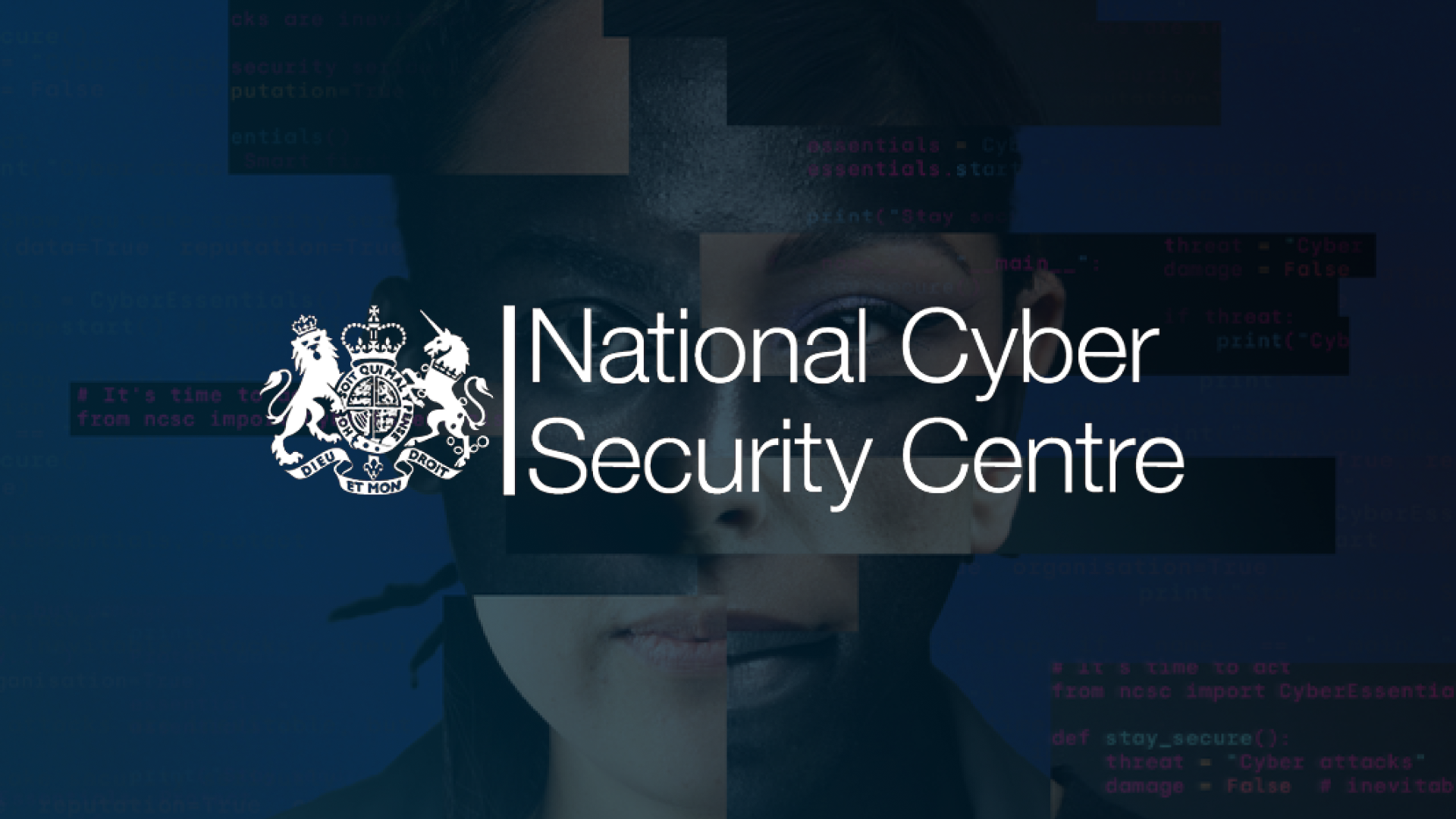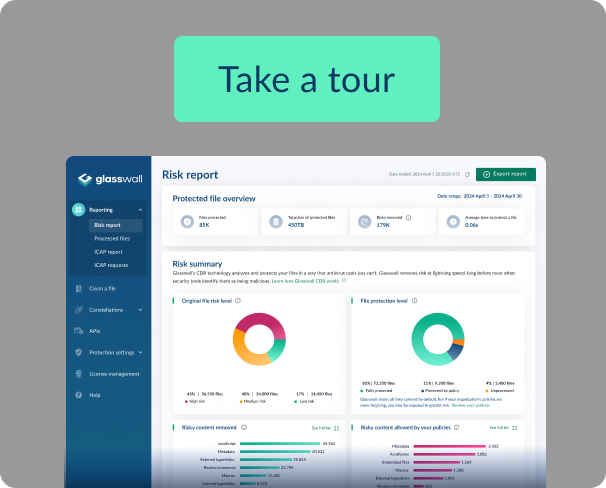Record-breaking ransomware payments topped $1 billion in 2021
A new federal report released just after Halloween revealed yet more frightening insight into the huge and growing cost of ransomware. In a record-breaking 12 months, U.S. banks processed more than $1 billion in potential ransomware-related payments during 2021 – up from $416 million the year before.
According to FinCEN, which compiled the study, “Both the number of and total U.S. dollar value for ransomware-related incidents reported . . . during 2021 far exceeds data for any year. In 2021, FinCEN received 1,489 ransomware-related filings worth nearly $1.2 billion.”
This equates to an average of 132 ransomware incidents per month, with over half of the total for the year as a whole related to suspected Russian cyber actors (approaching $340 million in value).
The report was released during the 2nd International Counter Ransomware (ICR) Initiative Summit in Washington DC, which brought together over 30 countries to reaffirm their “joint commitment to building our collective resilience to ransomware.”
Clearly, improving resilience is crucial, as the costs incurred by just one public sector ransomware victim in the UK illustrate. Over the past 12 months, Hackney Council, a local government authority in London, spent over £12 million to fix an attack that took place in 2020. This was despite its refusal to pay a ransom, with millions allocated instead to “cyber recovery work and replacing systems affected by the hackers. . . as staff were working to support residents through the pandemic,” according to local reporting.
Proactive defence
With risks continuing to rise across the board, building proactive protection is key to defeating attacks, including those which rely on the distribution of files and documents containing ransomware.
Designed to address these critical challenges, Glasswall’s zero-trust CDR (Content Disarm and Reconstruction) technology identifies and removes risky, file-based threats from all files in moments – minimizing downtime and disruption often caused by reactive antivirus or sandboxing solutions.
Glasswall CDR proactively and instantaneously rebuilds files to a “known good” standard, with users benefitting from safe, clean files that have been rebuilt to the manufacturer’s published specifications, removing any places for malware to hide.
Not only does this help restore trust within organizations that their files are free from malware threats, irrespective of where they may be in the supply chain, but the process requires no blocking, no patching and delivers only safe, secure and trusted files.
To learn more about file-based protection using Glasswall’s market-leading solutions, click here.







.png)
